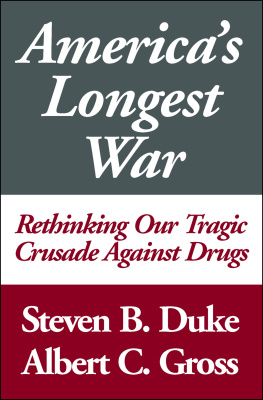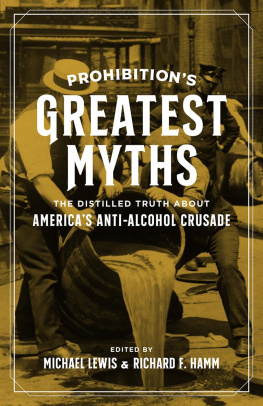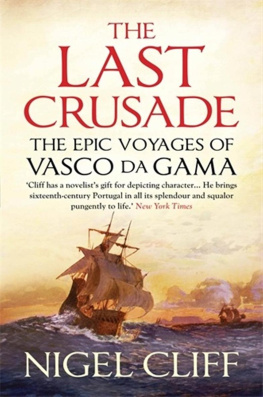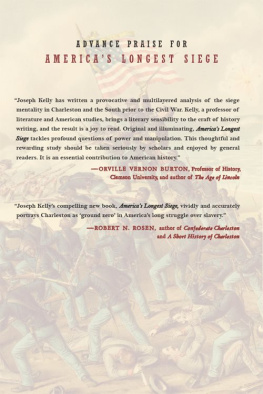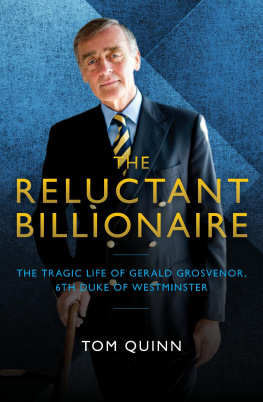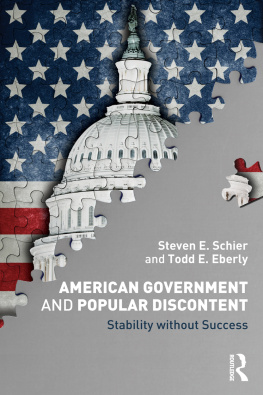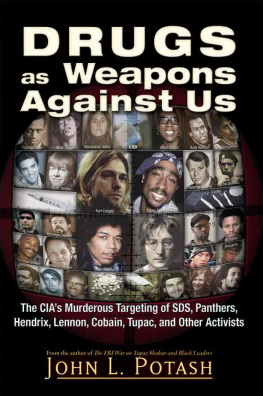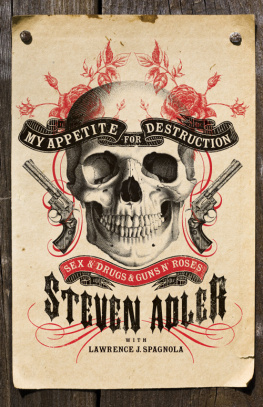Steven B. Duke - Americas Longest War: Rethinking Our Tragic Crusade Against Drugs
Here you can read online Steven B. Duke - Americas Longest War: Rethinking Our Tragic Crusade Against Drugs full text of the book (entire story) in english for free. Download pdf and epub, get meaning, cover and reviews about this ebook. year: 1982, publisher: Open Road Media, genre: Politics. Description of the work, (preface) as well as reviews are available. Best literature library LitArk.com created for fans of good reading and offers a wide selection of genres:
Romance novel
Science fiction
Adventure
Detective
Science
History
Home and family
Prose
Art
Politics
Computer
Non-fiction
Religion
Business
Children
Humor
Choose a favorite category and find really read worthwhile books. Enjoy immersion in the world of imagination, feel the emotions of the characters or learn something new for yourself, make an fascinating discovery.
- Book:Americas Longest War: Rethinking Our Tragic Crusade Against Drugs
- Author:
- Publisher:Open Road Media
- Genre:
- Year:1982
- Rating:4 / 5
- Favourites:Add to favourites
- Your mark:
- 80
- 1
- 2
- 3
- 4
- 5
Americas Longest War: Rethinking Our Tragic Crusade Against Drugs: summary, description and annotation
We offer to read an annotation, description, summary or preface (depends on what the author of the book "Americas Longest War: Rethinking Our Tragic Crusade Against Drugs" wrote himself). If you haven't found the necessary information about the book — write in the comments, we will try to find it.
Steven B. Duke: author's other books
Who wrote Americas Longest War: Rethinking Our Tragic Crusade Against Drugs? Find out the surname, the name of the author of the book and a list of all author's works by series.
Americas Longest War: Rethinking Our Tragic Crusade Against Drugs — read online for free the complete book (whole text) full work
Below is the text of the book, divided by pages. System saving the place of the last page read, allows you to conveniently read the book "Americas Longest War: Rethinking Our Tragic Crusade Against Drugs" online for free, without having to search again every time where you left off. Put a bookmark, and you can go to the page where you finished reading at any time.
Font size:
Interval:
Bookmark:



Albert C. Gross

An Overview: The Greater Evil
Identifying the Enemy: Drugs, Drug Abuse, and Other Concepts
Our Most Harmful Legal Drugs
Our Most Popular Illegal Drugs
Lessons from the Past
The Crime Caused by Prohibition
Freedom Costs
Autonomy Costs
Social Costs
Health and Safety Costs
The Drug War Cannot Succeed
The Legalization Option
Forms of Legalization
A Harm Minimization Approach
Font size:
Interval:
Bookmark:
Similar books «Americas Longest War: Rethinking Our Tragic Crusade Against Drugs»
Look at similar books to Americas Longest War: Rethinking Our Tragic Crusade Against Drugs. We have selected literature similar in name and meaning in the hope of providing readers with more options to find new, interesting, not yet read works.
Discussion, reviews of the book Americas Longest War: Rethinking Our Tragic Crusade Against Drugs and just readers' own opinions. Leave your comments, write what you think about the work, its meaning or the main characters. Specify what exactly you liked and what you didn't like, and why you think so.

